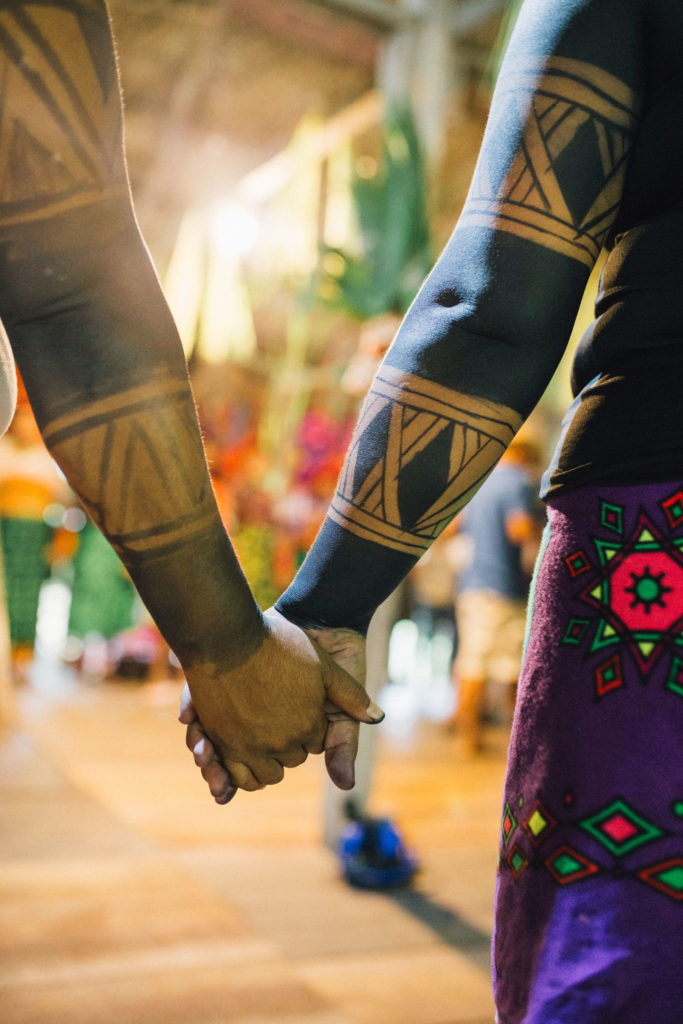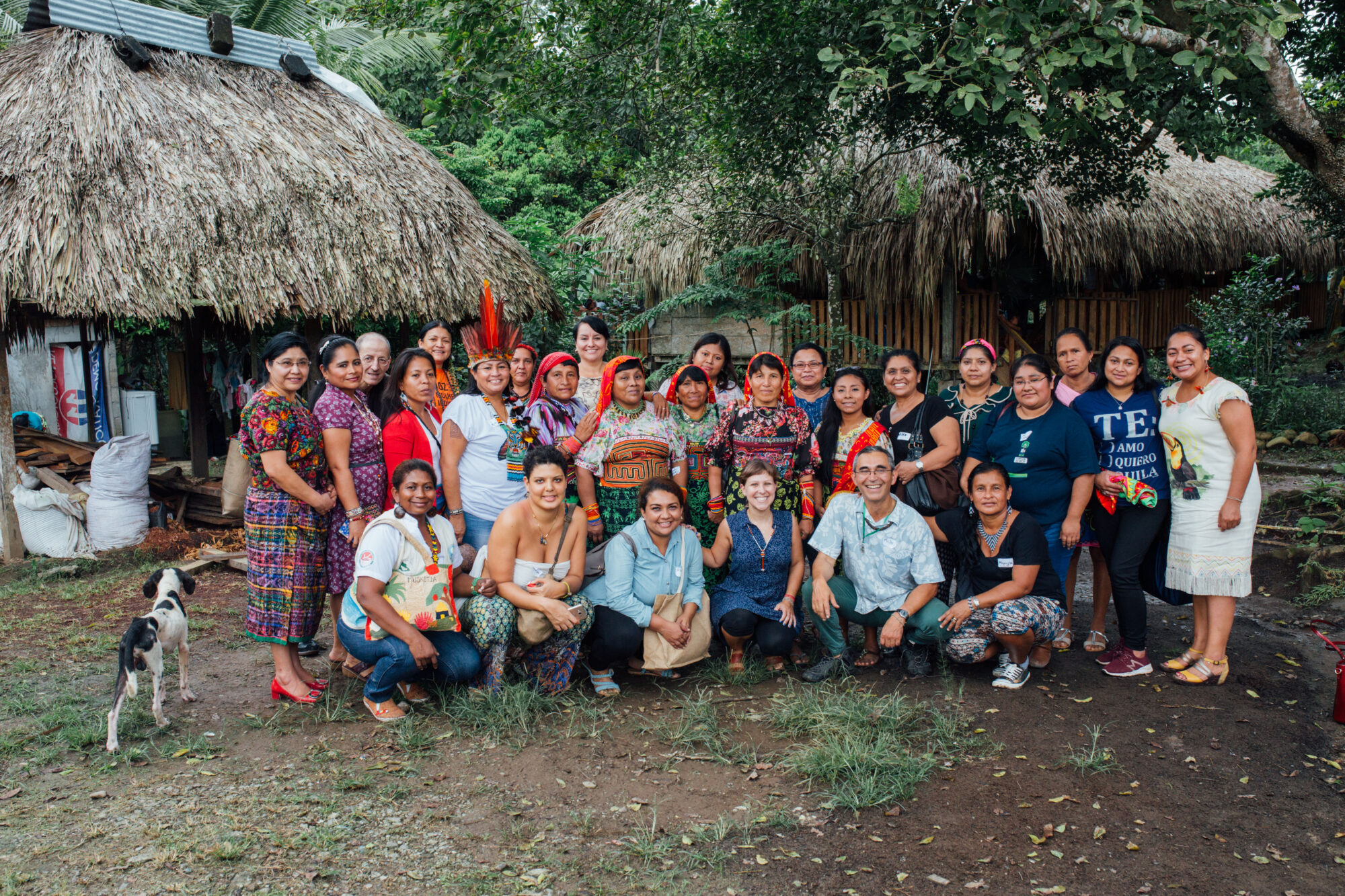By Nicoletta Marinelli
«We are river,
we are blood,
we are the voice that cultivates life «.
Indigenous and forest women from 8 different nationalities from Meso and South America arrived on November 19th in Panama City for the first meeting of Territorial Mesoamerican women leaders.
All around the world 2018 has been a key year in women’s rights struggles, and this plurinational event also calls on indigenous women fighting for the recognition of territorial rights.
The Mesoamerican Alliance of Peoples and Forests (AMPB) host of the event in which Weaving Ties has organised a field visit and a workshop.
Both the field visit and pre-congres of women are hold on the during the VII Mesoamerican Territorial Congress.
During the field workshop, territorial women leaders from Guatemala, Mexico, Honduras, Nicaragua, Costa Rica and Panama (AMPB) were joined by women leaders from Colombia (COICA) and Brazil (APIB) in the Embera community of Ipetí. The meeting was also the occasion to learn about local experiences developed by women from the region.
Among them, participants had the opportunity to learn and exchange about a local indigenous credit fund managed by embera women. This “rural bank” allows indigenous locals to overcome the barriers imposed to access credits in the conventional banking systems.
This initiative is not only proud of its «zero delinquency», but it also forbids to use land titles as guarantee, as is normally the case for national and private banks.
For Sara Omi, President of the Emberá General Council of Alto Bayano, «with these initiatives, women are concretely contributing to strengthening our territorial governance, our communities and structure»; and adds: «Emberá women are not waiting for someone else to come and solve their financing needs for them”.
Under the cozy palm leaves of Jumara Juwa association’s house, women also found a space to openly exchange about feelings, past experiences, challenges and joint strategies.
The following day, participants met in a pre-congress organized by AMPB in the city of Panamá. The presentations, propositions and debates that took place during this date also witnessed women’s fight for equality and territorial rights. «When women advance, the whole community advances» was one of the mottos of this congress.
Approximately 50 million indigenous peoples of different nationalities currently live in the Americas. Some of these have made significant progress in the legal recognition of their territorial rights, such as the case of the Miskitu people in Honduras or RIBCA in Costa Rica. Academic researches and local experiences proof the existence of real gender differences in the management of natural resources and access to rights.

«Any transformation of the territory has direct repercussions on us. As a consequence, the participation of women is vital for a good territorial governance » explains Valeria Payé, Coordinator of the Articulation of Indigenous Peoples of Brazil (APIB) who also participates in the congress.
In the last decade, women played an active role in strengthening indigenous political and social organizations, demanding respect for themselves and their peoples, transforming agendas, incorporating new concepts and questioning others. However, indigenous women are still in a situation of vulnerability and inequality.
The right to free, prior and informed consultation, the recognition of people’s self-determination, the equal participation of men and women in the financial management of initiatives to adapt and mitigate climate change, the transmission of ancestral culture and food security, were also cross-cutting subjects discussed during the pre-congress.
#RaiseHerVoice #FeelTheCommunities #ClimateChange #LandRights #WomenRights #Indigenos #GuardiansOfTheForests

